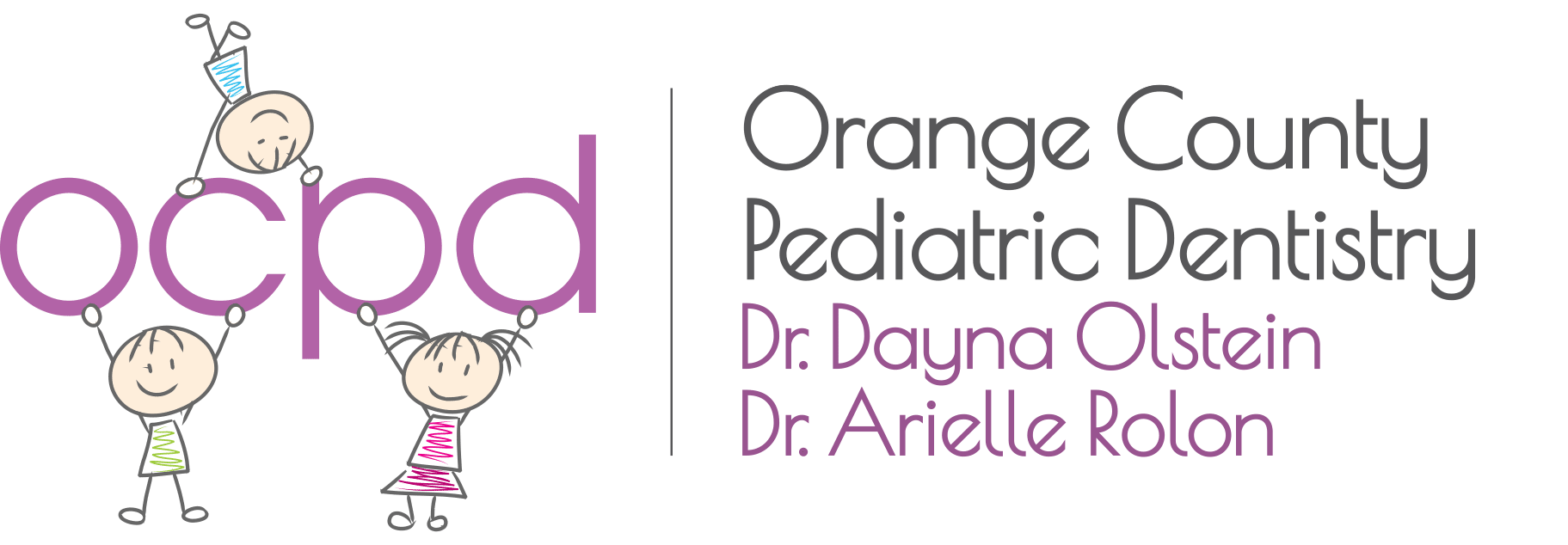It’s a common misconception that many people believe: baby teeth don’t matter because they’re going to fall out anyway. This myth guides parents in the decisions they make about their children’s dental care—they may bring their kids to the dentist later or choose not to treat their cavities. After all, why put a child through getting a dental filling when the tooth will fall out in a few years? Isn’t it easier on children to skip getting dental procedures and let the problem take care of itself?
The truth is that baby teeth do matter—but it doesn’t have to be a traumatic experience to fix them either. At Orange County Pediatric Dentistry, we offer innovative treatment options that make dental procedures more comfortable for our patients.
Why Baby Teeth Are Important
Your child’s baby teeth play an important role in their oral health and their overall development. Healthy baby teeth:
- Allow your child to eat a healthy, well-balanced diet
- Reserve space for permanent teeth and help guide them into place
- Aid in the proper development of the jaw, facial bones, and muscles
- Help your child have normal speech patterns
Preventive dental care should start around your child’s first birthday and continue with dental exams and cleanings every six months. This, combined with good oral hygiene habits, is the best way to ensure that your child’s baby teeth will remain healthy and strong until their adult teeth are ready to start erupting.
What Happens When Baby Teeth Are Damaged, Decayed, or Missing
Even in the best of circumstances, baby teeth can still suffer decay or other damage. While it’s true that your child will get a “second chance” with their teeth because their damaged baby teeth will eventually fall out, the issues they cause in the meantime make it worth seeking treatment.
Left untreated, a broken or fractured baby tooth can cause your child a great deal of pain. Depending on the extent of the damage, it may make it difficult for your child to eat certain foods and speak properly. They may feel embarrassed to smile and self-conscious about their appearance.
When a cavity is untreated, it can also cause pain and tooth sensitivity, particularly when your child bites down. If decay reaches the pulp of the tooth, the pain can be so intense that children cannot eat or sleep. As decay spreads throughout the tooth, it can compromise its structure and make it susceptible to breakage.
Some parents wonder if simply having a baby tooth extracted is a better alternative to getting it treated. There are some cases in which this makes sense—if a tooth is about to fall out anyway or too damaged to repair with a crown, extraction is typically our next step. In younger patients, we prefer to save the baby tooth because of its important role in maintaining space for the adult tooth. If we do have to extract it, we will need to use a space maintainer to save room for the adult tooth and prevent adjacent teeth from shifting.
Gentle Treatment Options for Damaged or Decayed Baby Teeth
We offer a number of non-traumatic treatment options for baby teeth. These include:
The STA (Single Tooth Anesthesia) System
We use the STA System to numb a single tooth to prepare it for treatment. There are no injections involved, eliminating a significant source of anxiety for many of our young patients.
Silver Diamine Fluoride (SDF)
SDF is a treatment that allows us to slow the spread of cavities. This is ideal for treating cavities on baby teeth; if the cavity is minor and doesn’t cause pain or impact the tooth structure, SDF may be all that is needed. SDF is simply brushed onto the cavity, so it’s completely pain free, and it’s very effective.
Nitrous Oxide
If your child does need a dental filling or crown, we can use nitrous oxide in conjunction with the STA System to help them feel calm and comfortable during the procedure.
Learn More About Your Child’s Baby Teeth
If you have questions about whether or not your child’s baby teeth should be treated, contact us today at 845-928-2206 to schedule a consultation.


